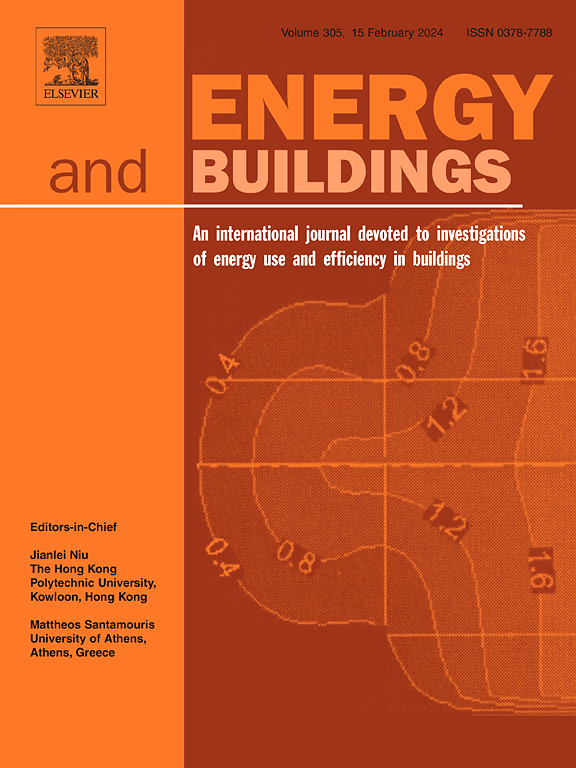A peer-to-peer energy bidding and transaction framework for prosumers based on blockchain consensus mechanism and smart contract
IF 6.6
2区 工程技术
Q1 CONSTRUCTION & BUILDING TECHNOLOGY
引用次数: 0
Abstract
The deepening of electricity market reform and the increasing popularity of distributed energy resources (DERs) have led to significant challenges for the decentralized bidding and transaction mechanism for DERs to participate in the electricity market. Blockchain, as a distributed ledger, has emerged as one of the solutions for decentralized transactions, but blockchain-based peer-to-peer (P2P) transactions suffer from output uncertainty that cannot be effectively quantified and higher default rates. This study proposes a energy P2P bidding and transaction mechanism based on blockchain consensus and smart contracts, which effectively expands the extensibility of energy trading. Firstly, a strategy-varying auction mechanism is established, which considers the credibility and release time for prosumers. Secondly, a three-person non-cooperative P2P transaction process based on the uncertainty of photovoltaic (PV) is designed to improve the profit and stability of electricity transactions. Thirdly, a blockchain consensus mechanism based on credibility is designed. The fairness of the trading process is effectively enhanced. Finally, the transaction process is simulated on smart contracts. The proposed model is validated by theoretical and experimental analyses. The experimental results demonstrate that this study effectively reduces the transaction default rate to 1.4% and amplifies the profits of prosumers.
求助全文
约1分钟内获得全文
求助全文
来源期刊

Energy and Buildings
工程技术-工程:土木
CiteScore
12.70
自引率
11.90%
发文量
863
审稿时长
38 days
期刊介绍:
An international journal devoted to investigations of energy use and efficiency in buildings
Energy and Buildings is an international journal publishing articles with explicit links to energy use in buildings. The aim is to present new research results, and new proven practice aimed at reducing the energy needs of a building and improving indoor environment quality.
 求助内容:
求助内容: 应助结果提醒方式:
应助结果提醒方式:


